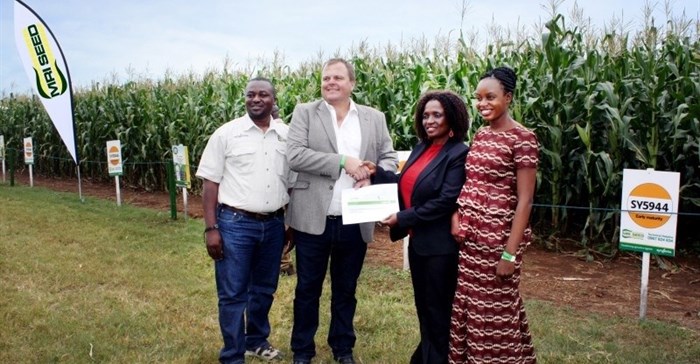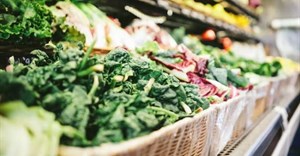Partnership gives smallholders opportunity to become commercially viable vegetable farmers

The programme aims to build a sustainable seedling distribution model for hybrid vegetables, provide access to market information and linkages, train farmers on good agricultural practices and business management, and introduce new technologies to help smallholder farmers dramatically improve their yields.
Entrepreneurial Young Plant Raiser
In 20 districts across Zambia, Syngenta will establish 20 seedling production sites, each owned and operated by an Entrepreneurial Young Plant Raiser (YPR). The YPR will provide business and technical training, as well as facilitate market linkages for the benefit of 12,000 smallholder farmers. Although the primary focus of the project will be on tomato and cabbage seedlings, Syngenta will also conduct trials and testing regarding the commercial viability of other crops with a high potential in Zambia such as kale, cauliflower, broccoli, carrot, and potato.
Furthermore, Syngenta will help in promoting a pilot programme for YPR’s “Vegetable in a Bag” concept, where a small portion of YPR seedlings will be sold in reusable packaging, with no ground soil and minimal water, making them suitable for urban and peri-urban use.
“For Syngenta, smallholder farmers around the world and in Zambia are key to solving the growing gap between the supply and demand for affordable food. Our partnership with USAID focuses on testing the commercial viability of innovative business models designed to enable smallholder farmers in Zambia to increase their output and thus their profitability whilst using sustainable and safe agricultural practices. This is what Syngenta’s Good Growth Plan is ultimately all about, and one that we have proven through the Community Agro Dealer initiative in Zambia over the last years,” says Mark Stokes, head of customer marketing for Syngenta Zambia.
Related
#Budget2025: Pushback over Fikile's D-Day announcement 8 Apr 2025 Kenya HIV patients live in fear as US aid freeze strands drugs in warehouse 13 Mar 2025 US withdraws from Just Energy Transition partnership with SA 10 Mar 2025 No-shows, aid cuts mar G20 meet on global poverty 27 Feb 2025 USAID workforce reduced by 97% 7 Feb 2025 "Trump’s aid review is a win for Africa" 6 Feb 2025























